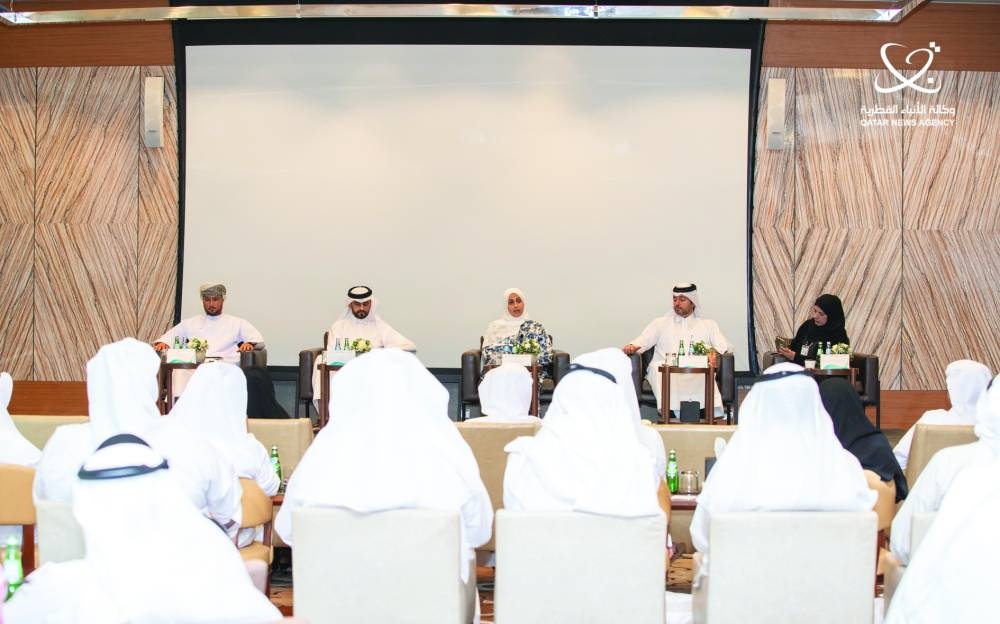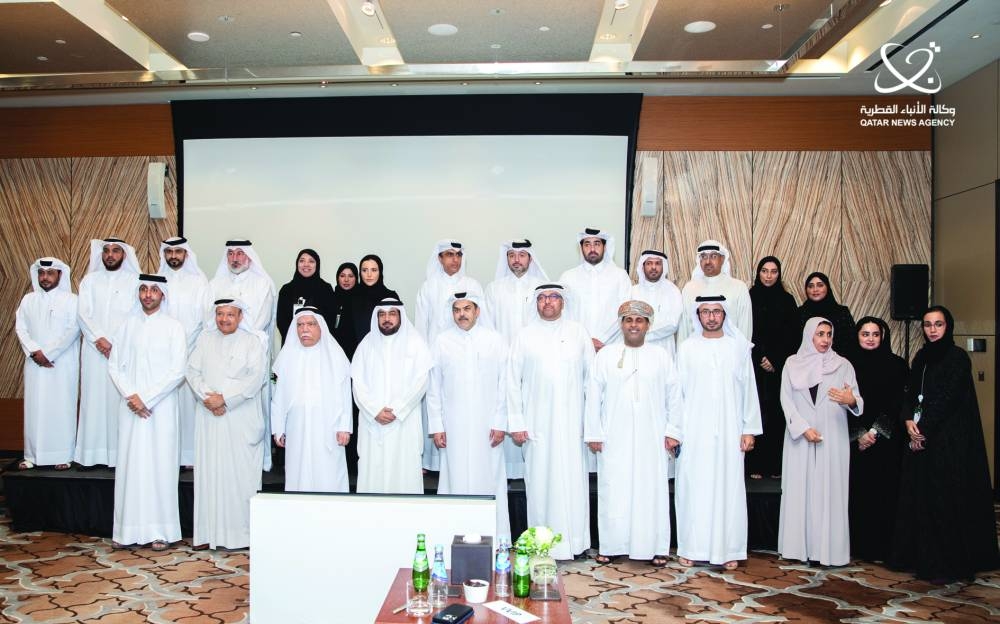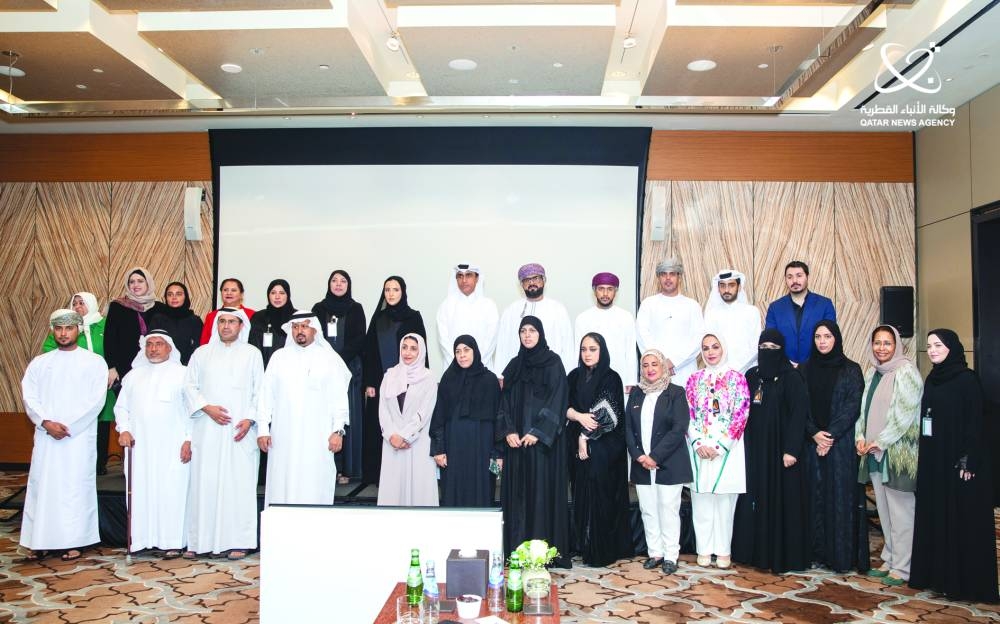The Doha International Family Institute (DIFI) held Wednesday in Doha the fourth Gulf Family Policy Forum, in partnership with the Executive Office of the Council of Ministers of Labor and the Council of Ministers of Social Affairs of the GCC.
The event is themed sustainability of the family institution in the GCC countries.
HE Assistant Undersecretary for Family Affairs at the Ministry of Social Development and Family, Sheikha Sheikha bint Jassim Al-Thani, said this year's forum comes within the framework of the permanent cooperation and joint coordination between the DIFI and the Executive Office of the Council of Ministers of Social Affairs in the GCC.
She stressed the importance of coexisting with the rapid changes sweeping the world, especially since technology plays a major role in human life, which may sometimes negatively affect family relationships and cohesion, explaining that the State of Qatar is keen to strengthen family cohesion and revive the value and role of the family in achieving the pillars of community development.
She highlighted that the Permanent Constitution of the State of Qatar stipulates that the family is the foundation of society, based on religion, morality and love of the homeland, and the law regulates the means to protect it, support its entity, strengthen its ties and preserve motherhood, childhood and old age under its shadow. In this regard, she also noted that the Ministry of Social Development and Family in the State of Qatar is working to support the institution of a strong and cohesive family in accordance with Qatar National Vision and the Third National Development Strategy (2024-2030), which focuses on the institution of marriage, promoting positive parenting, and strengthening religious, cultural and moral values within families.
She stressed the State of Qatar's commitment to enhancing cooperation with the GCC countries in the field of sustainability, cohesion and stability of the Gulf family institution by exchanging successful experiences and proposing initiatives to address the effects of divorce.
Meanwhile, HE Director General of the Executive Office of the Council of Ministers of Labor and Social Affairs of the Gulf Cooperation Council, Mohammed bin Hassan Al Obaidli, reviewed the achievements of the GCC countries in strengthening family care, structure and stability at the levels of legislation, joining international and Arab agreements and funding.
In the same context, Executive Director of the DIFI, Dr. Sharifa Noaman Al Emadi, hailed the event as a platform for exchanging best practices in the field of developing and implementing family policies and programs across the GCC countries, as it provides a crucial framework for innovative initiatives that contribute to family cohesion and enhance its role in the development of society and individuals.



